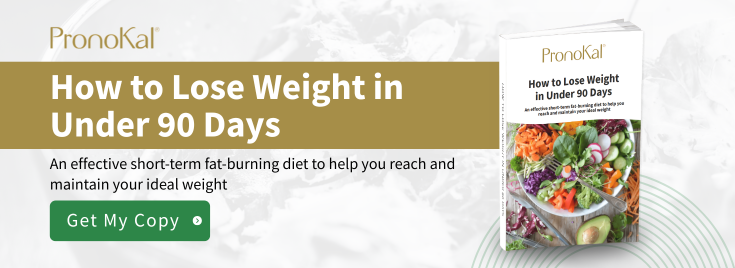A ketogenic diet, on the other hand, dramatically reduces carbohydrate intake to induce ketosis, a state in which the body burns fats for fuel rather than carbs. This method involves consuming less than 50grams of carbs per day. Both diets are effective. The choice between them depends on individual health goals and lifestyle preferences.
This article delves into the popular low-carb and ketogenic eating plans, breaking down their differences and debunking common myths.
Low-Carb vs Keto: Which Is Better?
When exploring diets that work, many people find themselves comparing low-carb and ketogenic (keto) diets. Both diets reduce carbohydrate intake, but they do so to different extents. A low-carb diet focuses on reducing carbs, especially refined carbs, in order to improve health and support weight loss. It emphasises proteins and non-starchy vegetables while allowing for some carbohydrate intake from healthy food sources.
Beyond the Hype: Understanding Keto Myths
With the rising popularity of the ketogenic diet, several myths have emerged. One common misconception is that you need to consume large amounts of fats to succeed on a keto diet. However, the key to a well-formulated keto diet is balancing protein intake and keeping carbs low rather than loading up on fats.
While the keto diet requires careful monitoring of macronutrient ratios, it's equally important to focus on the quality of the fats you consume. Experts recommend prioritising healthy sources like avocados, nuts, olive oil, and oily fish.
Another myth suggests that the brain needs sugar to function. In reality, once the body becomes keto-adapted, the brain efficiently uses ketones for most of its energy, which can enhance mental clarity and focus.
Fat Intake Can Still Cause Weight Gain
A persistent myth surrounding the ketogenic diet is that consuming more fats will not lead to weight gain. This is not entirely true. While the body still needs healthy fats, excessive fat intake will result in a calorie surplus, giving rise to weight gain. It's important to remember that the ketogenic diet is not an excuse to eat unlimited amounts of high-fat foods.
Balancing calorie intake and focusing on nutrient-dense foods can help achieve and maintain a healthy weight. Consuming too much dietary fat, even on a keto diet, can also contribute to increased insulin resistance and hinder weight loss efforts.
Finding the Best Diet That Works Long Term
The best diet that works long term is one that is sustainable for you as an individual, meaning it aligns with your individual health goals and your lifestyle choices. For many, a combination of low-carb and keto principles works well. This means following a low-carb diet most of the time while periodically entering ketosis to optimise health benefits.
A sustainable diet should prioritise whole foods, balanced nutrition, and the avoidance of highly processed foods. Long-term success requires a holistic approach, incorporating regular physical activity and mindful eating habits. Flexibility is also important to accommodate personal preferences and lifestyle changes, as well as personal and professional commitments, such as specific events and holidays.
Ready To Find A Diet and Lifestyle That Work For You?
Whether preparing for a special event or seeking long-term health improvements, our custom weight loss plans can help you achieve your goals. Contact us today to start your journey towards a healthier, more vibrant you!





